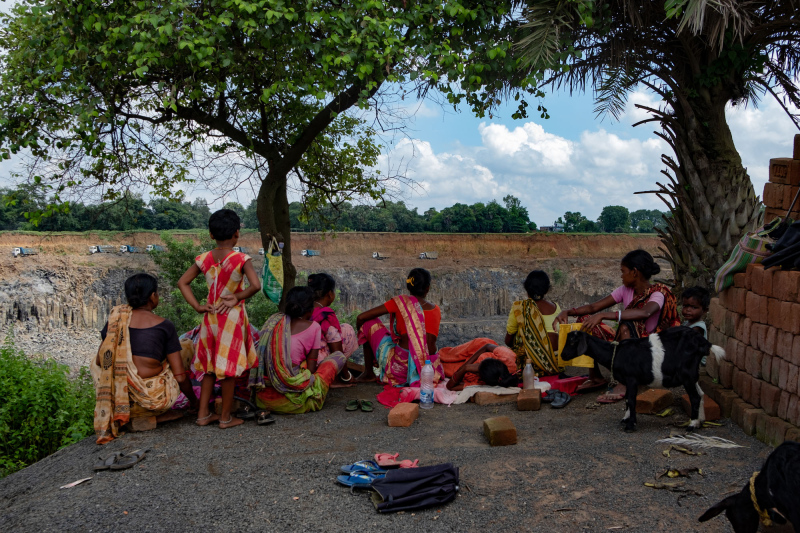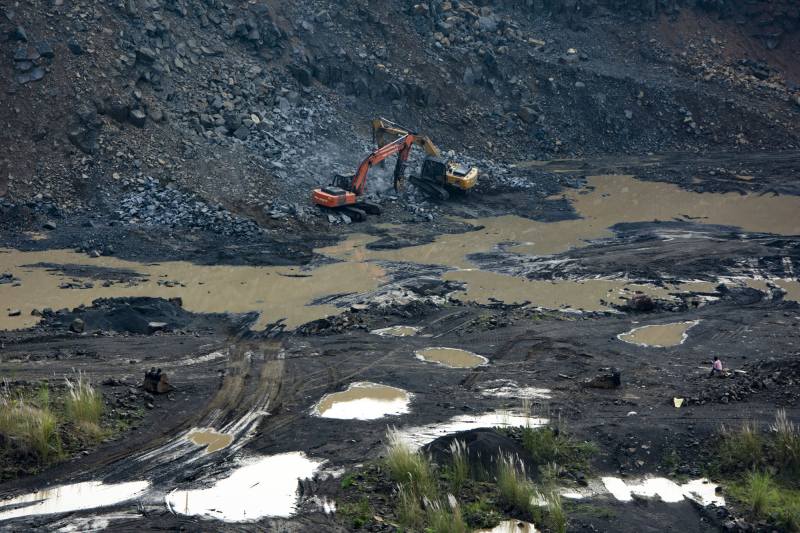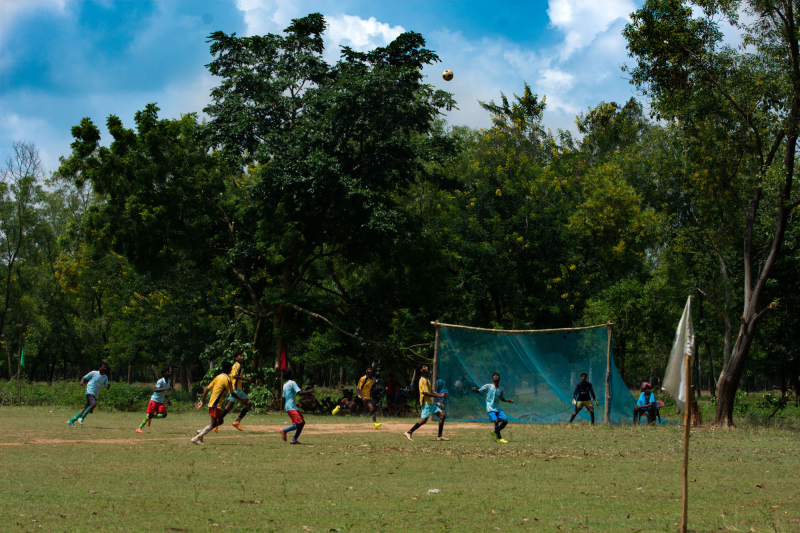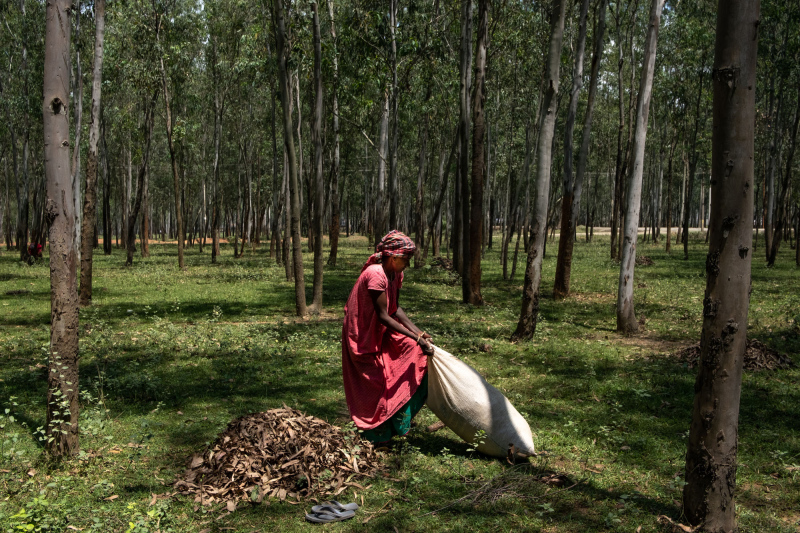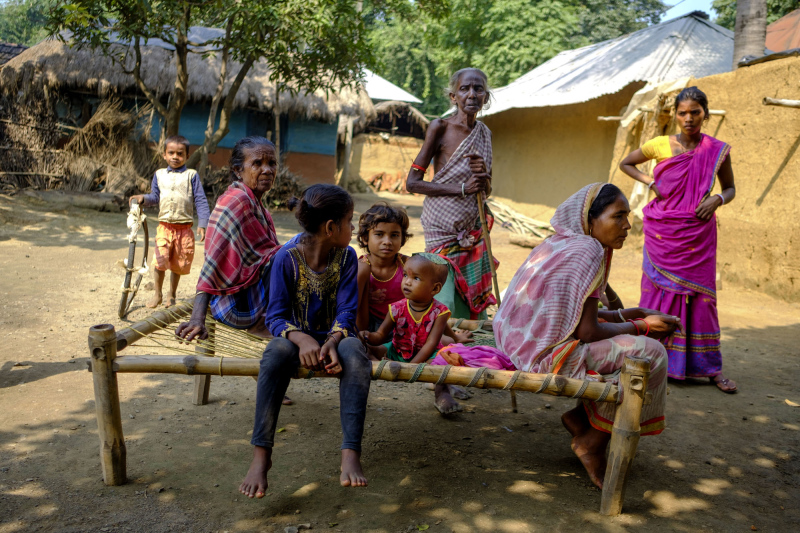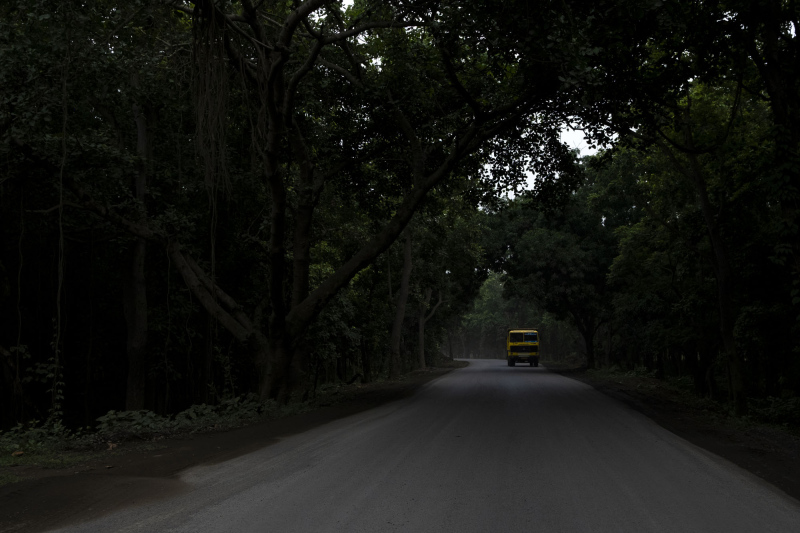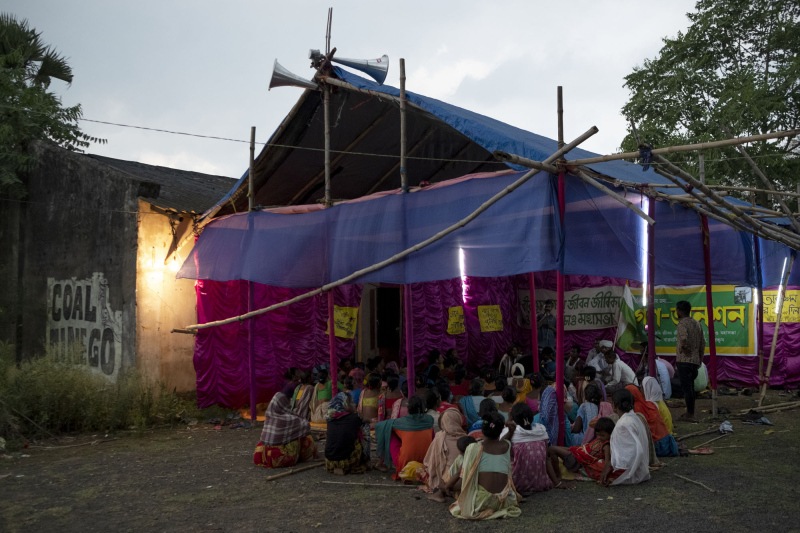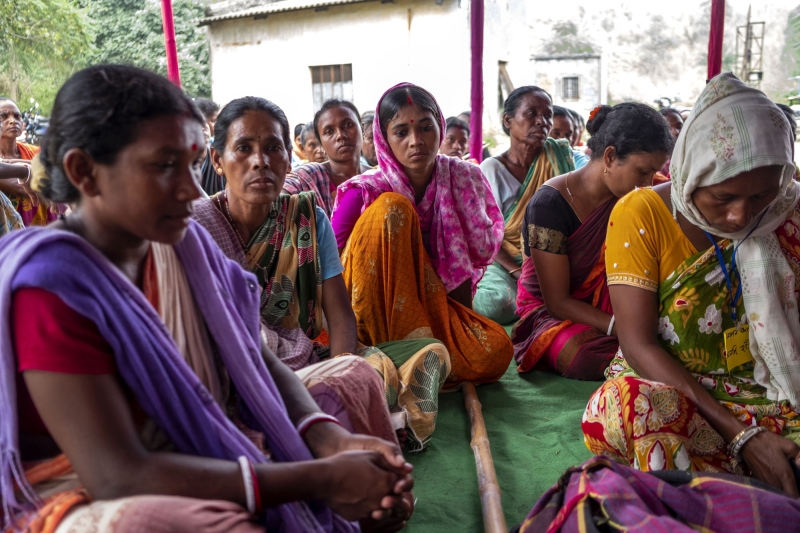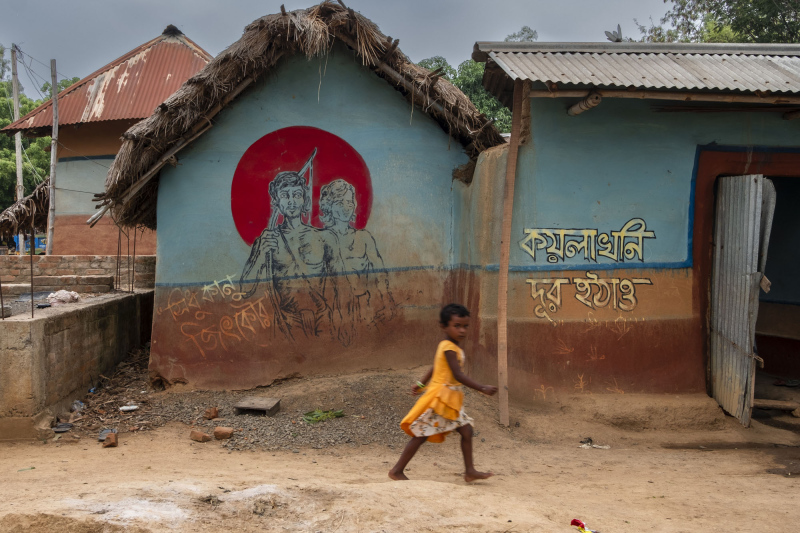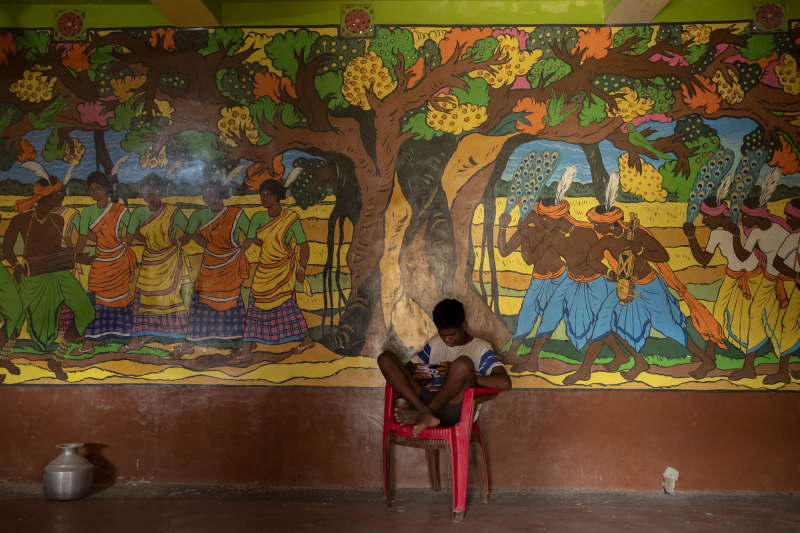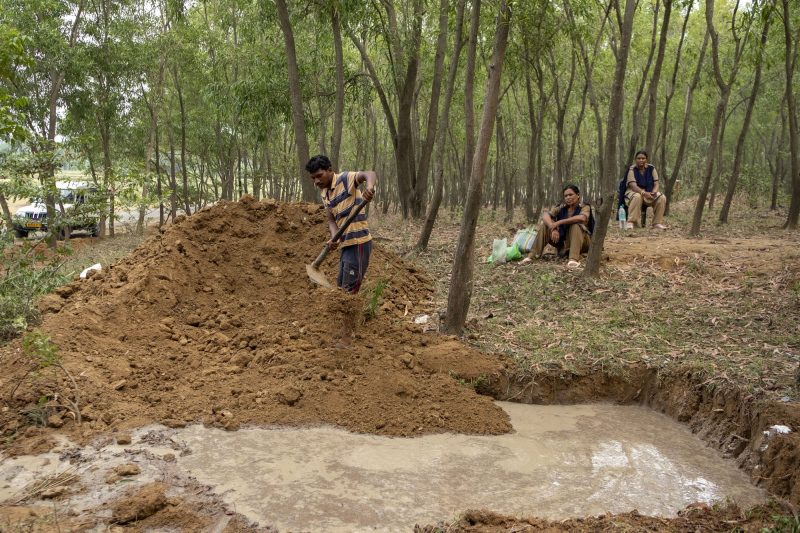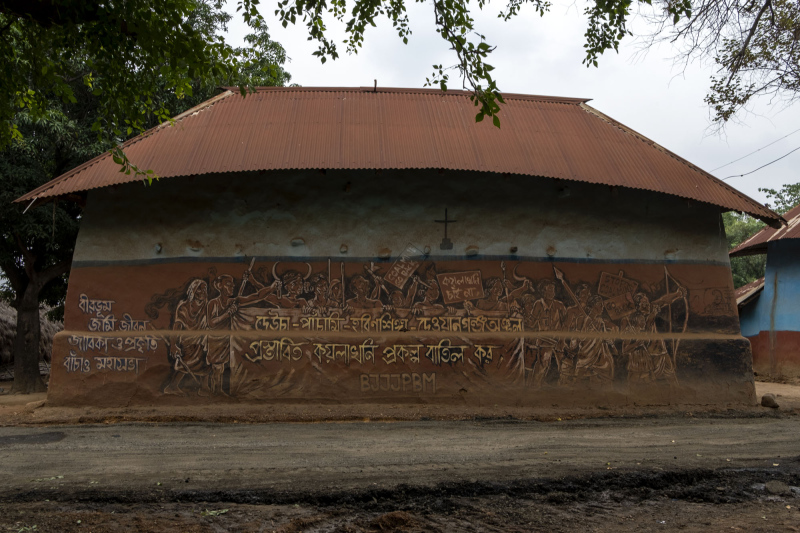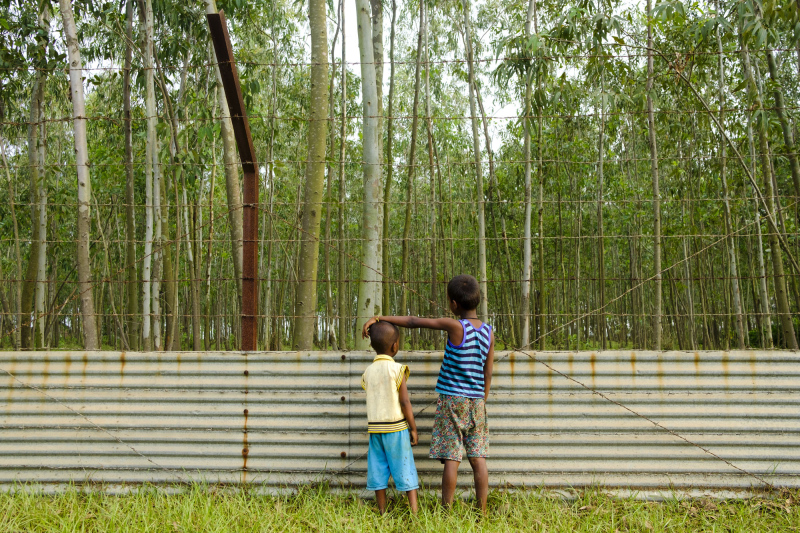-
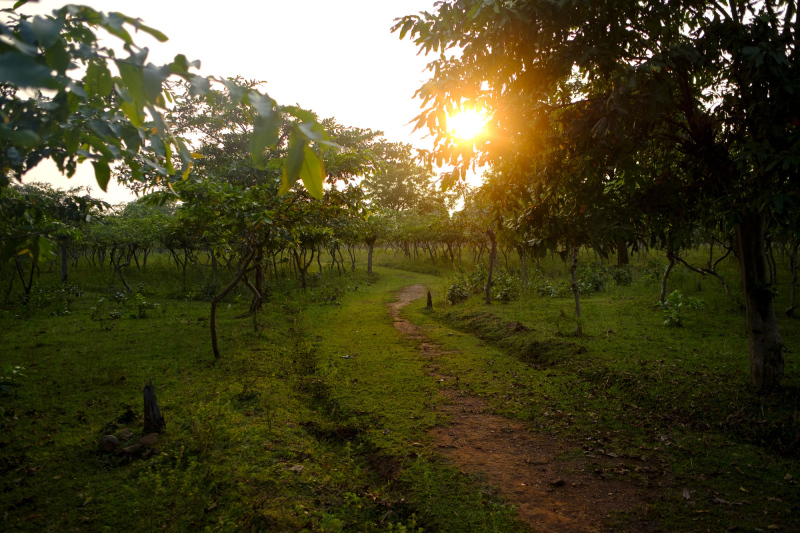
scroll ®
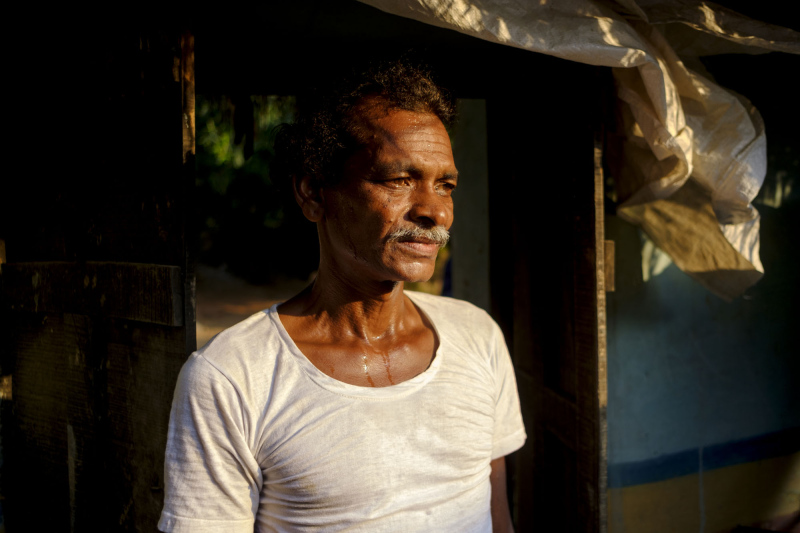

The Deocha-Pachami coal mine project in West Bengal has ignited fierce opposition and anxiety among local residents, who fear the loss of livelihoods and homes. Despite assurances from the government, skepticism persists due to concerns over the adequacy of compensation and rehabilitation measures. Chief Minister Mamata Banerjee's promises of executing the project with public support ring hollow as residents question the sufficiency of the compensation package, particularly regarding housing and job provisions for displaced families.
The project, touted as India's largest coal mine endeavor, promises significant coal and basalt reserves along with infrastructural investments. However, residents like Shubho Ghosh and Momoi Mardi raise valid concerns about forced eviction, cramped living conditions, and uncertain employment prospects. Additionally, environmental degradation and health hazards from unregulated mining operations exacerbate local apprehension.
The government's decision to mine initially on available government land aims to avoid resistance ahead of the 2024 Lok Sabha elections but raises doubts about land ownership and compensation for marginalized tribal families. Moreover, the project's geological complexities demand international expertise and face prolonged timelines, posing further challenges.
Efforts to engage with local communities through committees and social work activities have failed to bridge the trust gap. Basudeb Raut's skepticism reflects the widespread sentiment regarding the government's compensation package and overall project impact.
In conclusion, while the Deocha-Pachami coal mine project holds economic potential, it faces daunting challenges in addressing local concerns and skepticism. The government's compensation package falls short of meeting the nuanced needs of affected communities, highlighting the imperative to navigate these complexities for sustainable development and the welfare of those directly impacted.
- Project was commissioned by Mongabay India.
